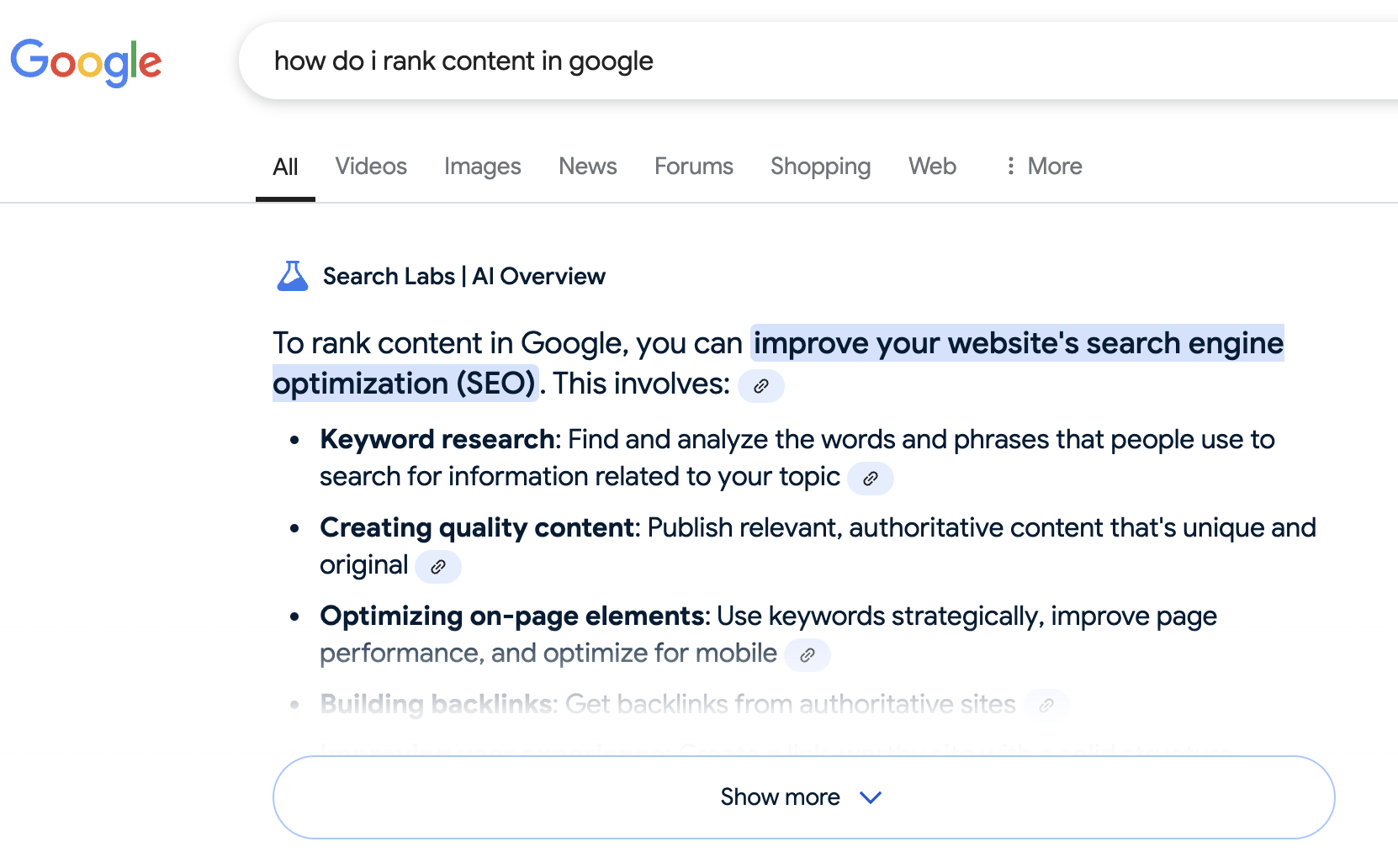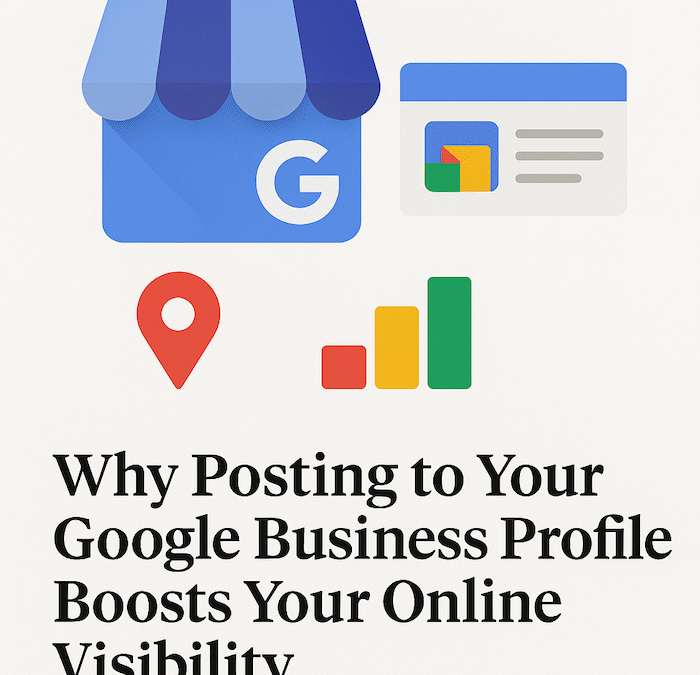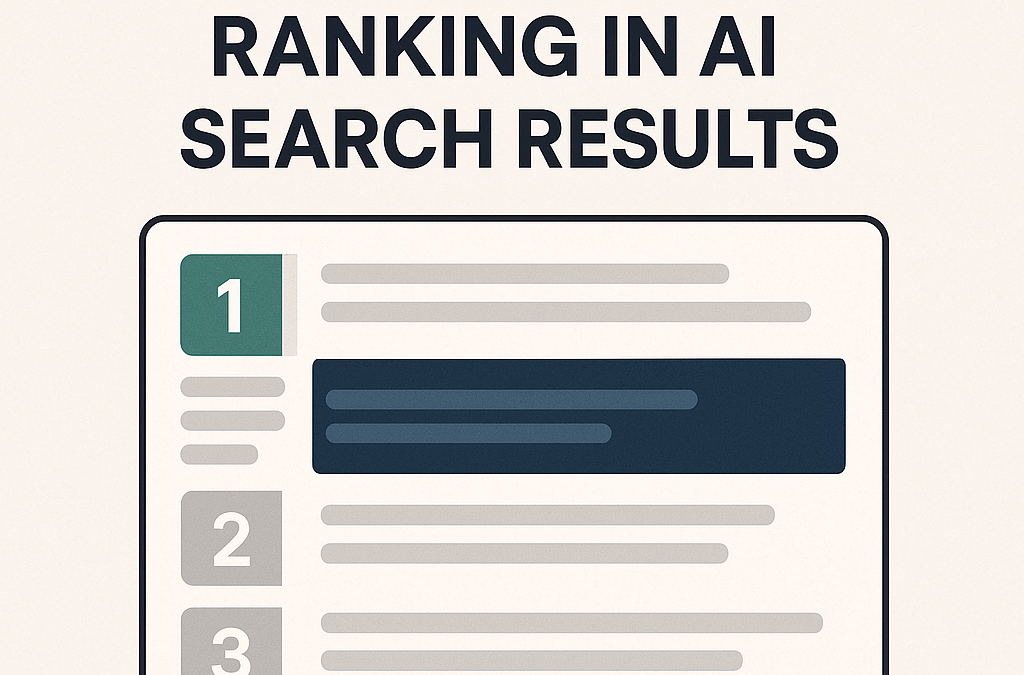With Google integrating AI-generated overviews into search results, content creators have a new opportunity to increase their visibility. These summaries, designed to provide quick, concise answers to user queries, are reshaping the way content ranks and is consumed. Here’s how you can optimize your content to rank in Google’s AI overviews.
Key Takeaways
- Create High-Quality Content: Focus on well-researched, engaging, and accurate material to fulfill user needs.
- Use Structured Data: Apply schema markup to help Google’s AI understand and feature your content.
- Optimize Keywords Naturally: Identify relevant keywords through research and weave them seamlessly into your content.
- Prioritize User Experience: Ensure fast-loading, mobile-friendly pages with intuitive navigation to keep users engaged.
Strategies to Rank in Google’s AI Overviews
Produce High-Quality Content
Google’s AI favors content that is comprehensive, accurate, and engaging. Address user intent directly by answering questions, providing value, and keeping the information easy to digest.
Use Structured Data
Implement schema markup to help Google understand the context of your content. Structured data improves the chances of your content being featured in AI overviews by clarifying its purpose and relevance.
Optimize Keywords Naturally
Research and incorporate keywords that your target audience is searching for. Ensure these keywords are placed organically within the content to align with search queries without appearing forced.
Enhance User Experience
Fast-loading, mobile-friendly pages with easy navigation signal to Google that your content is user-focused. A positive user experience helps retain visitors and reduces bounce rates, making your content more likely to rank.
Also Important to Note
Opportunities Beyond the Top 10: While 52% of sources in AI overviews come from the top 10 SERP results, nearly half are from pages ranked beyond the first page.
Potential for Broader Reach: Even if your page doesn’t rank on the first page, it still has a chance to appear in AI-generated overviews.
Research-Based Insights: Studies like Ahrefs’ analysis of 300,000 keywords and Surfer SEO’s review of 405,576 AI overview searches provide actionable strategies for optimizing content.
What’s This All Mean?
So what does this mean for you and your website? For one thing, when writing content be sure to answer questions, and focus on simple, clear content. Also, don’t be afraid to use semantically related keywords instead of only exact match keywords. Be sure to use at least one keyword research tool, and to make your site mobile-friendly.
FAQs
What is Google’s AI Overview?
Google’s AI Overview is a feature that provides AI-generated summaries of search results, offering quick answers to user queries.
How does structured data improve visibility in AI overviews?
Structured data, added through schema markup, helps Google’s AI understand your content’s context and purpose, making it more likely to appear in summaries.
Why is user experience crucial for ranking in AI overviews?
A great user experience ensures visitors stay on your site, signaling its value to Google. Features like fast loading and mobile compatibility improve engagement and ranking potential.
Is keyword optimization enough to rank in AI overviews?
No, keyword optimization must be paired with high-quality content, structured data, and an excellent user experience to maximize your chances of being featured.
How often should I update my content to remain relevant?
Regular updates keep your content fresh, accurate, and aligned with current search trends, enhancing its relevance for AI-generated overviews.
By implementing these strategies, you can increase your content’s chances of appearing in Google’s AI overviews, driving more traffic and engagement to your website.









